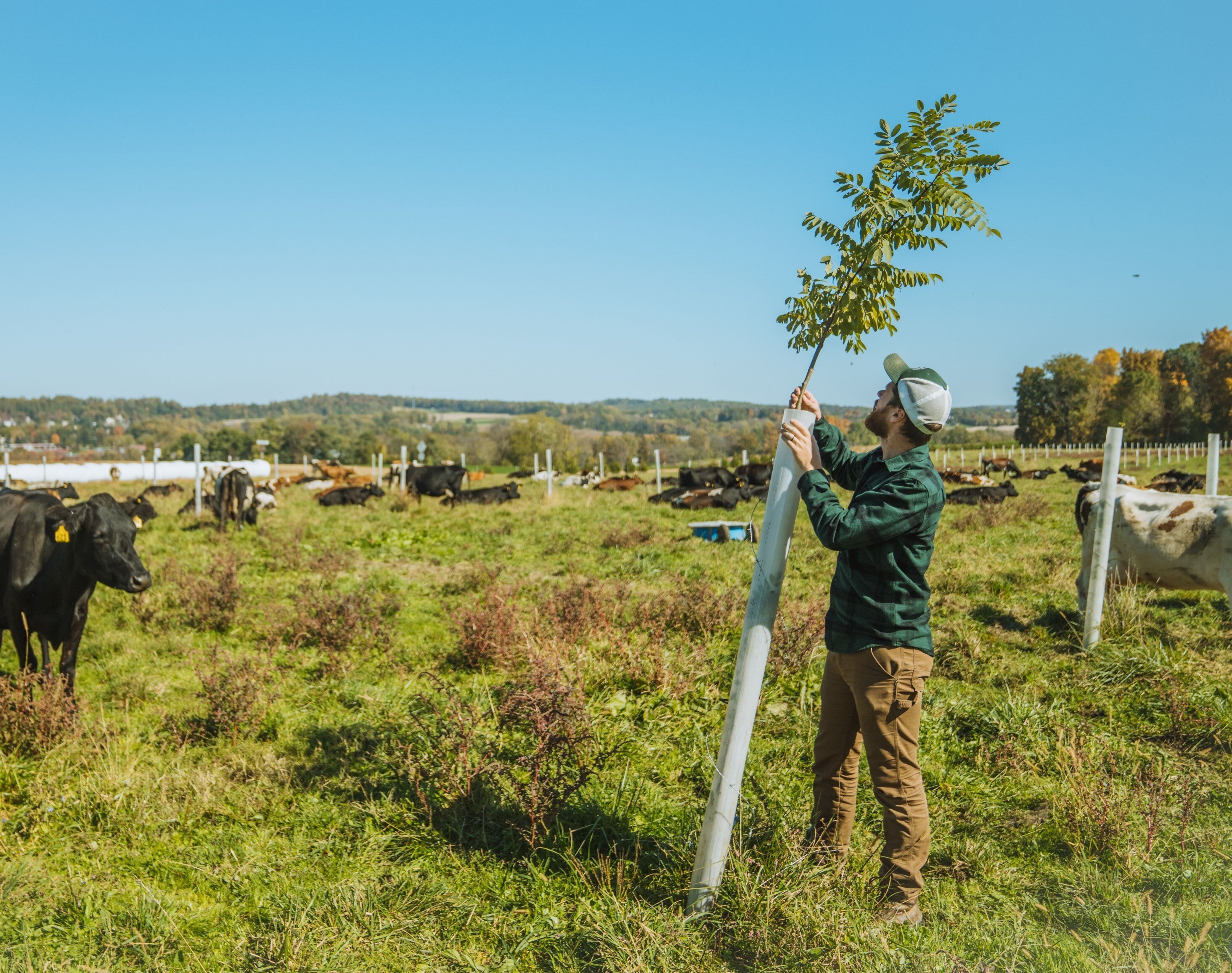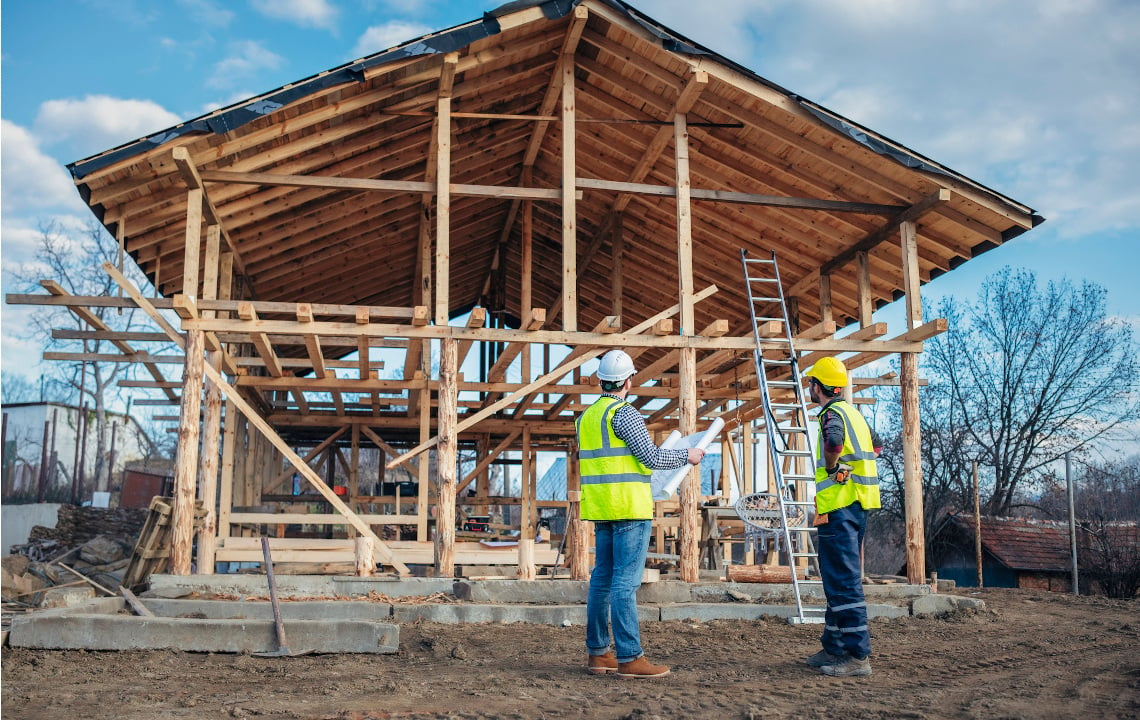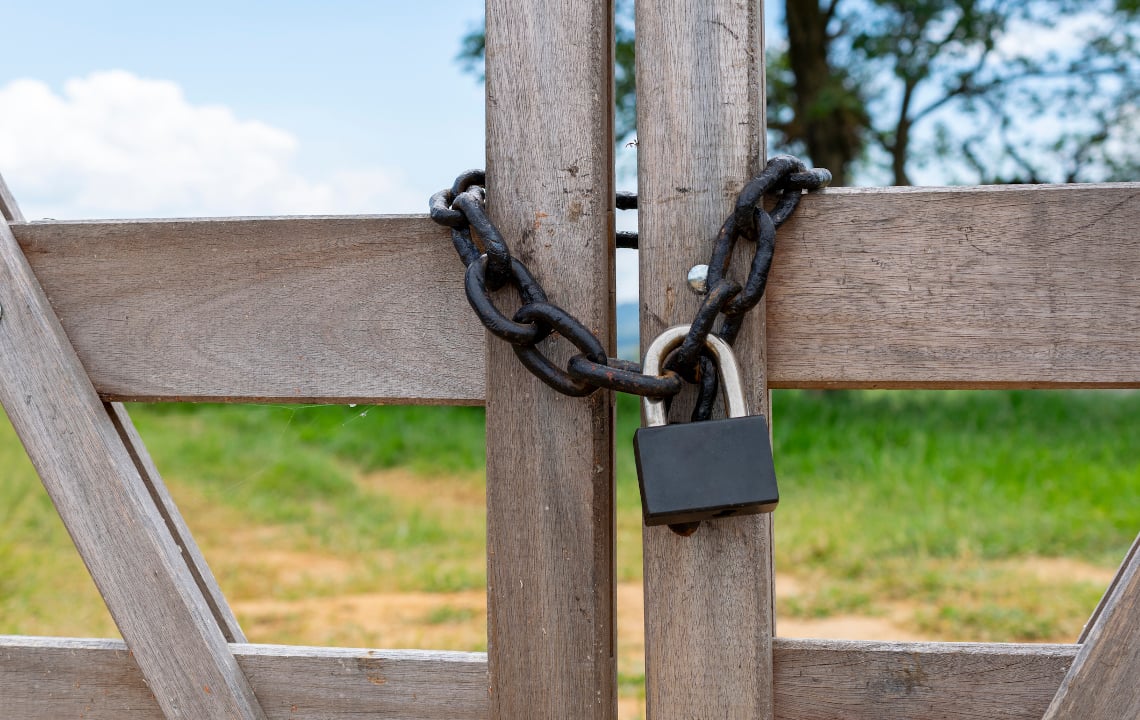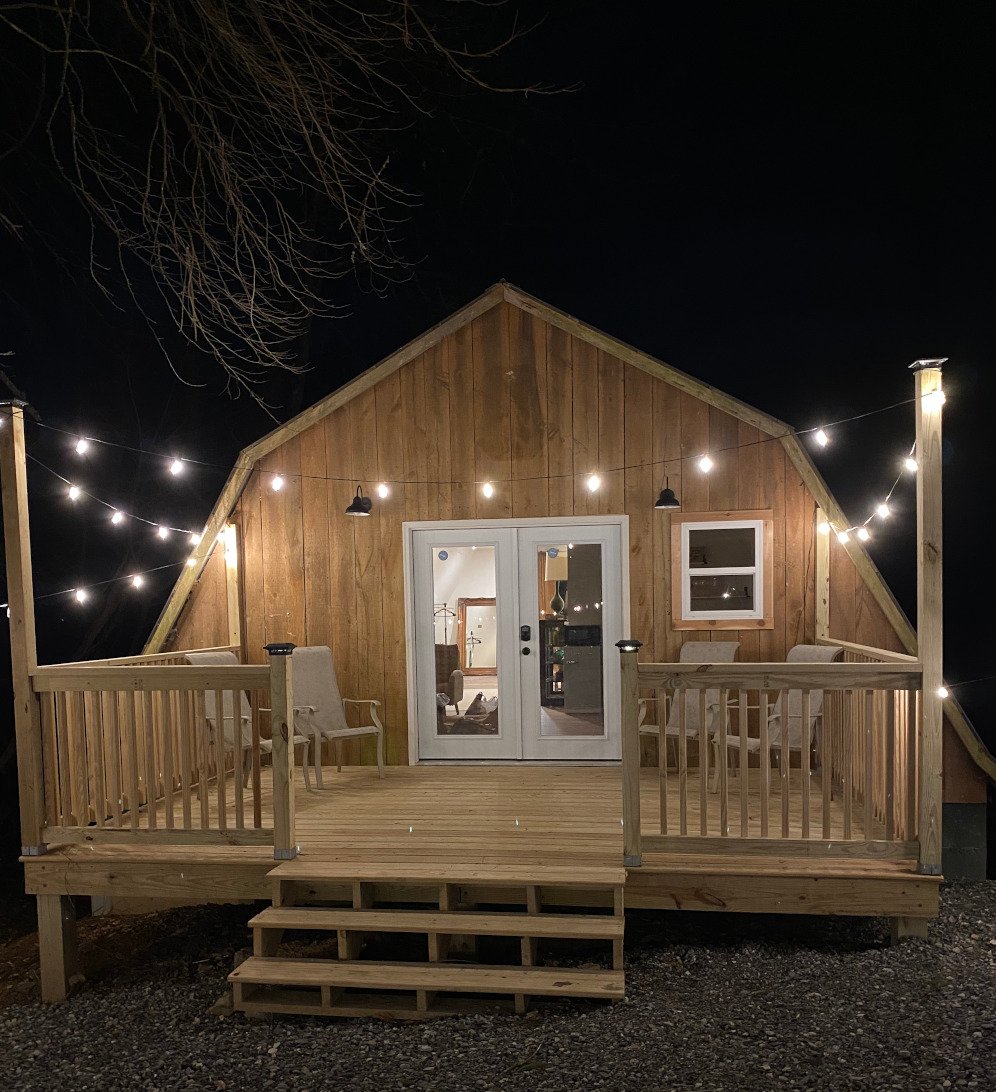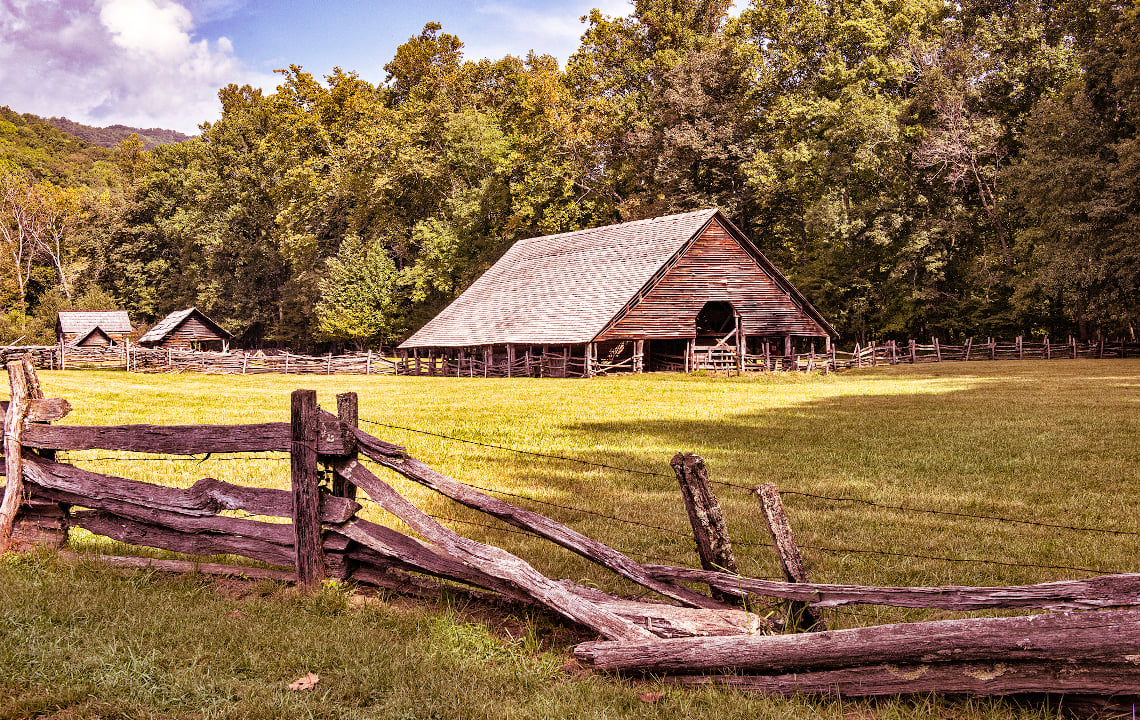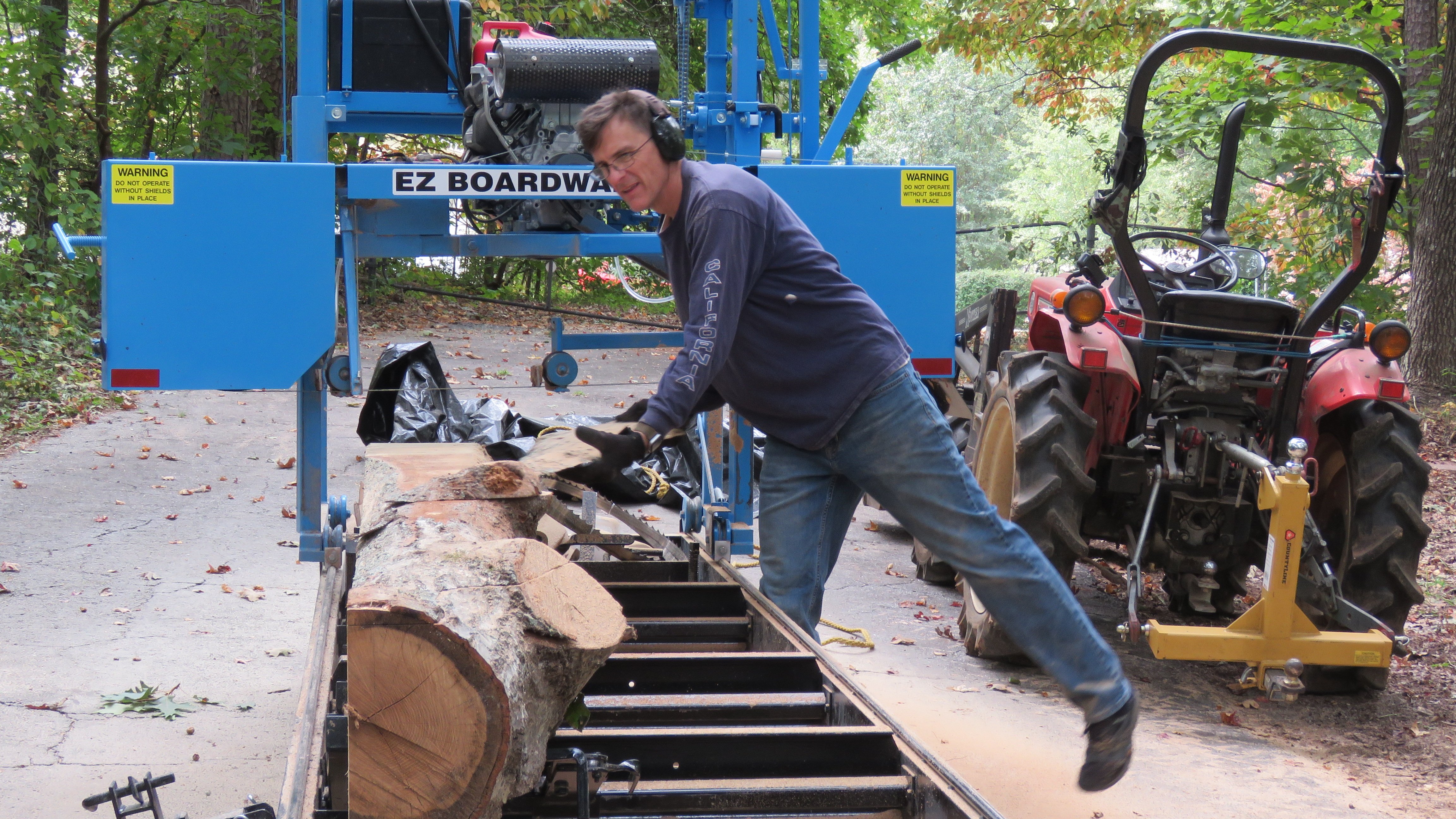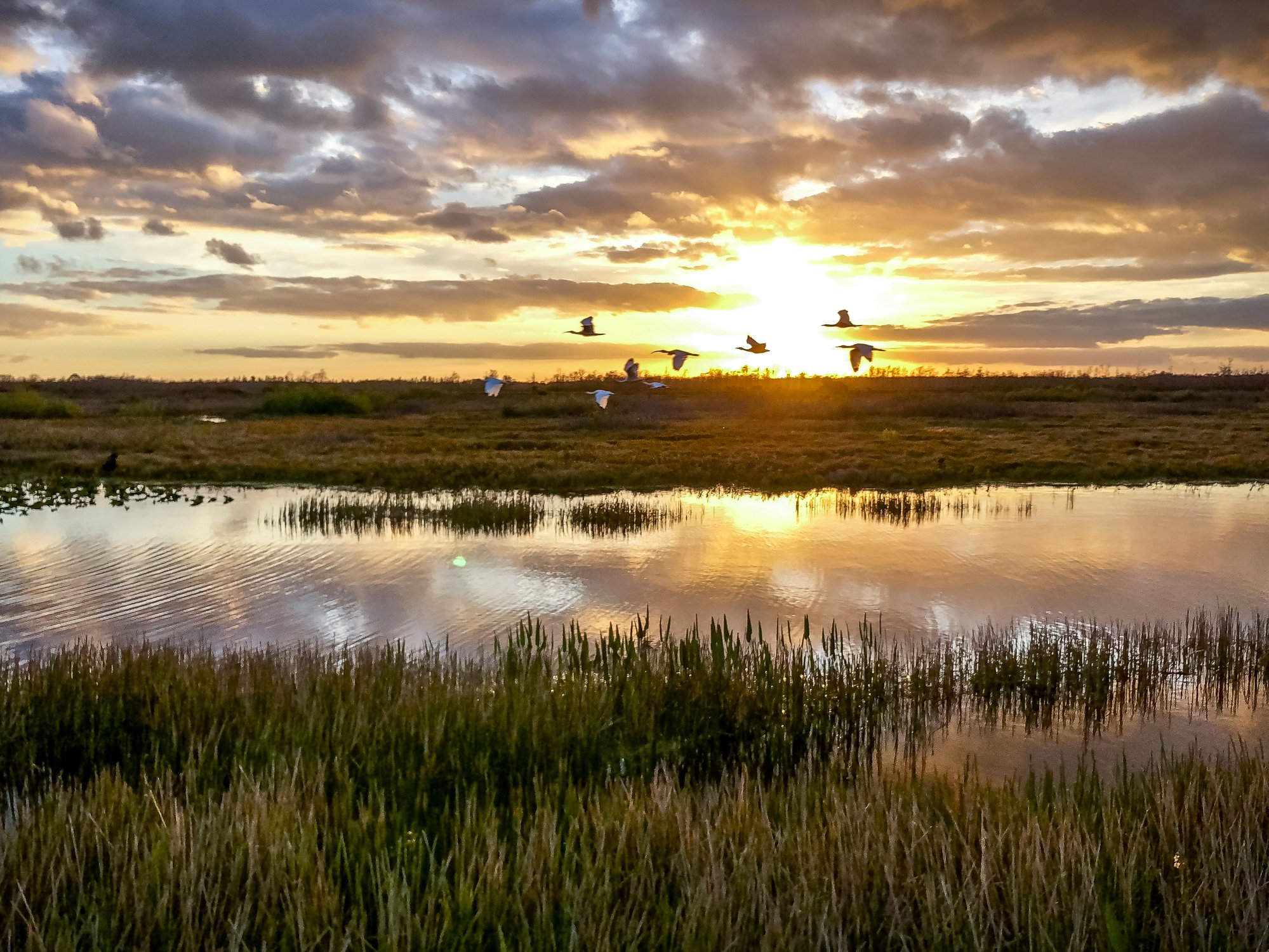An expert offers tips about leaving land to your family members through rural estate planning.
When you live in the country, land often counts as your greatest asset. No doubt you want to make sure your treasured property passes on to the person or persons of your choice without a hitch. Passing land on to heirs requires pre-planning and thought.
The Basics of Rural Estate Planning
We asked Lloyd Cohen what needs to take place to leave rural land to family. “I spend weeks covering the matter [in class],” says the professor of law at George Mason University. Finer details of rural estate planning, specifically, can be complex, but Cohen point outs the basic points here as a referential shorthand.
Here are his tips to ensure you leave your legacy to your heirs:
Tip #1: Plan Now Rather Than Procrastinating.
Why wouldn’t someone plan ahead to conduct a land transfer to their heirs?
“The future is uncertain and one might well change one's mind,” concedes Cohen. “But that is not a very good arguments against making legal plans and executing legal documents.”
He said contingencies can be added to the plan. For example, you could make the gift depend on whether the recipient meets expectations of good behavior.

Tip #2: Relax. One of the Advantages of Rural Estate Planning is That It's Revocable.
Concerns also can be easily discounted because the primary ways to pass on land – wills, revocable trusts, or transfer on death deeds – are revocable. Even after your death, there are options that build in flexibility, Cohen says. “For example, a father might designate his children to take in equal shares as ‘takers in default’ after the death of the mother, but grant the mother a ‘testamentary power of appointment’ to change the recipients by her will.”
He adds, “The only disadvantage to putting some plan in place is the relatively modest cost of creating the legal documents that might later have to be revoked or amended.”
Clearly, planning ahead is the smart choice. Besides, knowing your land will be looked after by the people you choose makes the effort worthwhile.
Tip #3: Choose Between Creating a Trust or a Will
There are two main choices to pass on land: through a will or through a trust. A will, while written during your lifetime, takes effect after your death, while a trust, unless its part of a will, takes effect while you’re alive.
“Under the law, the terms of the will must be ‘proved’ in a special court—probate,” says Cohen. “This can be a long and costly procedure even when there is no dispute. Trusts are much more varied legal devices. They can be revocable or irrevocable and cover lots of other matters.”
A revocable trust functions much like a will “with one decided advantage,” he explains. Property is transferred into the trust while the person who initiated the trust, the “settlor,” is alive. When the person dies, a trust does not require court approval to pass the land to a successor beneficiary.
“Probate is avoided,” he says, “so using a revocable trust as a substitute for a will has a big back-end advantage.” Trusts have higher front-end costs than a will, however, and revocable trusts don’t have any estate tax advantage. “When used in this fashion as a pure will substitute, the settlor can name herself as the trustee and name a successor trustee who, of course, could be the same person she would have named as executor in a will,” he says.

Tip #4: Decide on the Timing of the Gift
“A principal reason to pass on land while you’re still alive is to remove the hassle of probate from one's beneficiaries,” Cohen says.
He warns against a possible problem where the owner retains a “life estate” in the property and transfers the “remainder” to the beneficiary.
“We live in an era when people can live for very, very long periods in a severely debilitated state,” he explains. “They may have to go into assisted living, a nursing home, or a dementia care facility for years. That leaves the property in a kind of limbo where the two separate claims of the ‘life estate’ and the ‘remainder’ have a combined value that is considerably less than they would have if both were unified.”
Tip #5: Be Aware of Taxes and Titles Associated With Rural Estate Planning
“As a general matter, one wants to plan the giving away of property over the course of one's life and at one's death in a way that minimizes the combined estate and gift taxes,” Cohen says.
Specifically, that means taking advantage of yearly exemptions and estate tax exemptions.
“Title should be transferred and registered in the county office as soon as is practical,” he says. “Even if one's daughter could occupy the house without the formality of transferring title at dad's death, she should nonetheless transfer title as soon as is practicable. Why? When the property is ultimately sold, the purchaser will insist on clear title. The best time to establish that is when events are fresh.”
For specifics in your particular situation and the best way to leave land to family members, it’s best to consult with a qualified professional, preferably someone with expert tax knowledge.





